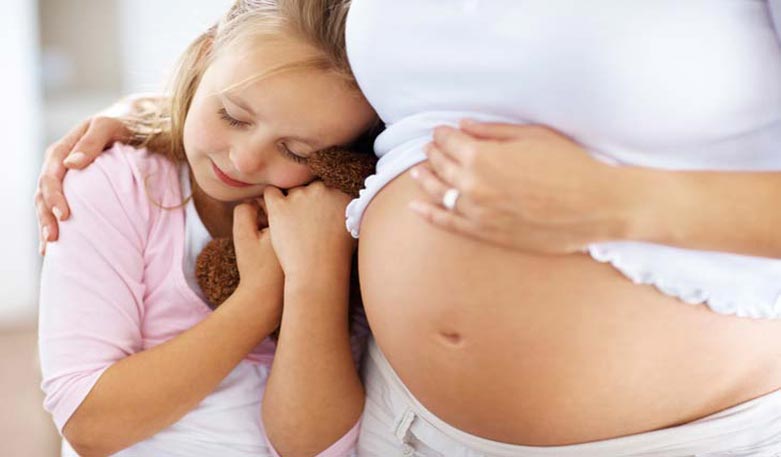The reasons for the unfulfilled desire to have children can lie with both the woman and the man or both partners equally.
The reasons for infertility can be very diverse. Firstly, as women age, their natural fertility decreases. Peak fertility occurs between the ages of 15 and 24. After that, fertility continues to decline. When menopause occurs, natural fertility ends. Fertility can be influenced in several ways. Long-term poisoning, e.g. For example, alcohol, nicotine, drugs or environmental toxins have a negative impact on fertility. Smokers and other drug addicts are also at increased risk of miscarriages and stillbirths.
Eating disorders are responsible for up to 6% of infertility. Both being overweight and underweight can have a negative impact. Furthermore, hormonal and organic disorders, as well as psychosomatic aspects, can lead to infertility.
The reasons for infertility in a woman can be divided into failure to ovulate, prevention of union of egg and sperm, or inability to bear a child. Possible reasons for conception problems range from past or unnoticed pelvic infections to miscarriages or previous miscarriages, blocked fallopian tubes, acute illnesses, and even genetic defects.
Part of the sterility examinations are numerous more or less complex tests to determine whether and what the physical cause of infertility is. Despite all the diagnoses and treatment options, almost a third of all cases of involuntary childlessness remain completely unexplained. At least organically, everything seems to be fine between the man and the woman. Doctors speak of idiopathic sterility and often suspect psychological causes.
Infertility treatment is as diverse as its causes. Therapy can only be targeted if the cause is definitively established. In principle, however, the following distinctions can be made. In the conservative method, infertility is treated with medication. These are mainly hormonal preparations. They are used when hormonal regulation disorders are the cause of the disease. Many organ dysfunctions can also be treated with the help of targeted hormone therapy. If the cause of infertility is an infection or classic infectious sexually transmitted diseases, antibiotics are specifically administered. In many cases, organic disorders can be the cause of infertility, which can only be remedied with the help of surgical interventions. This is particularly the case if the affected woman suffers from endometriosis and corresponding lesions have formed in the fallopian tubes or uterus.
The same applies to fibroids or cysts. Accompanying psychological support is very useful in most cases. Psychiatric treatment is often absolutely necessary to be successful. Alternative medical treatment methods are becoming increasingly popular. These include, for example: B. Natural healing methods such as homeopathy or acupuncture. All of these methods attempt to provide a holistic treatment that addresses physical and mental well-being. They help improve overall well-being and are said to relieve tension. This has a positive effect on fertility.





